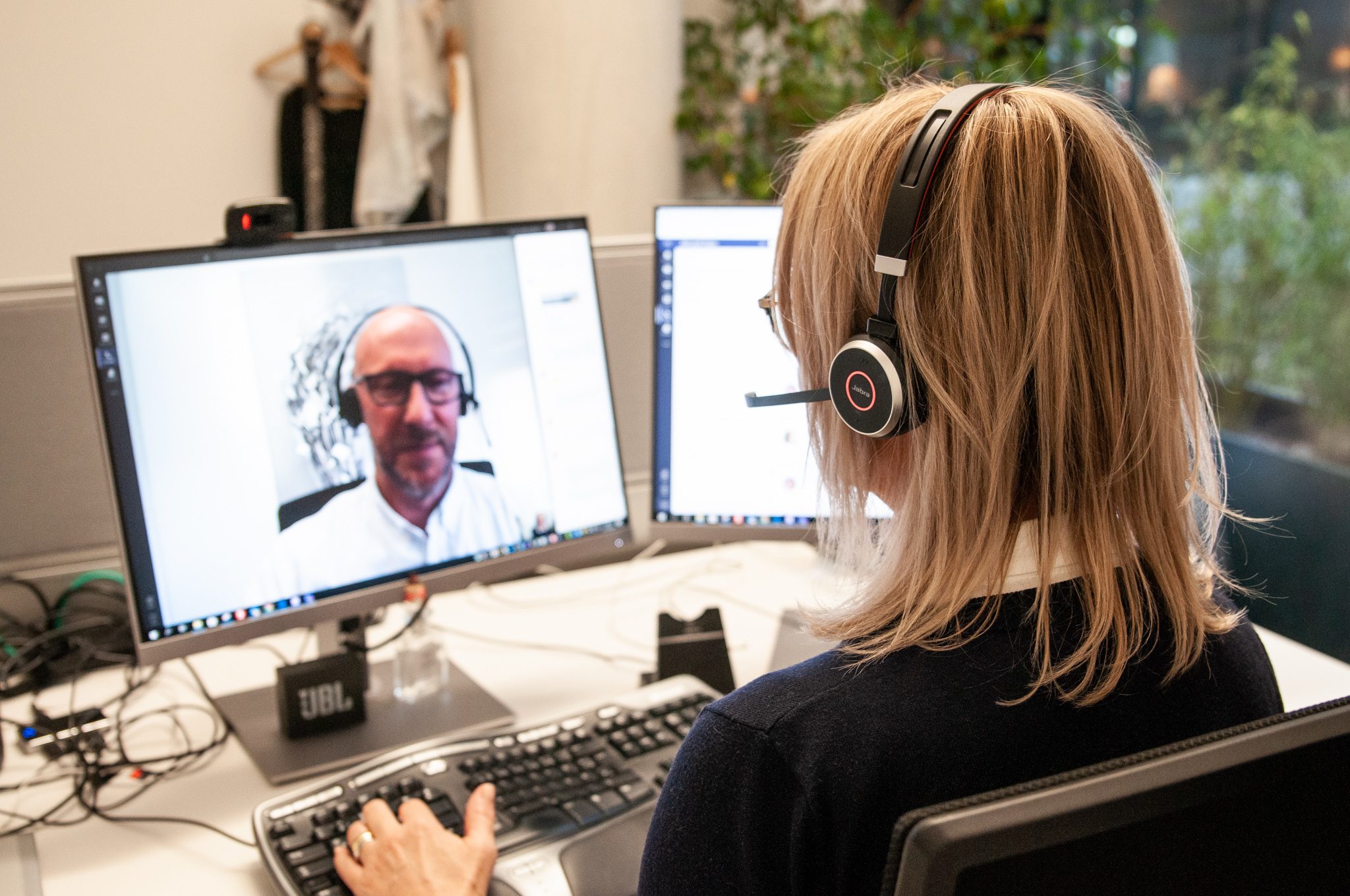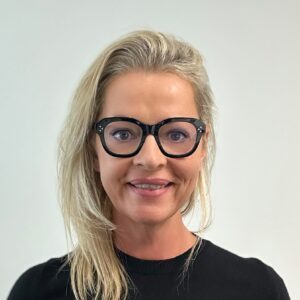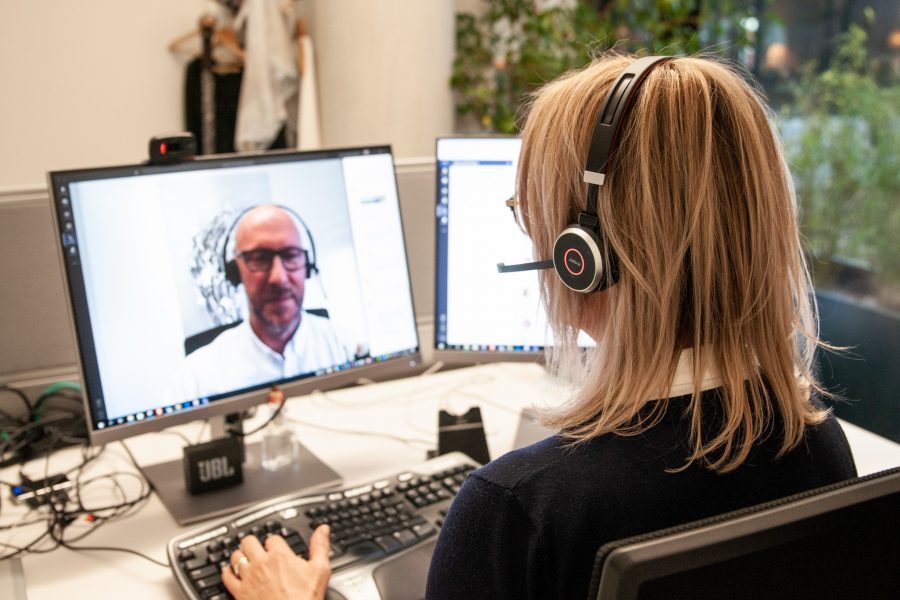
Here at Porsche Informatik, Tobias Oberascher and Gernot Striednig take care of everything to do with telephony. Both of them have been at the company for around ten years, during which time the area of telecommunications has changed dramatically. In this interview, they explain how this affects their tasks.
Gernot, Tobias, how would you describe your area of activity to outsiders?
Gernot: At Porsche Holding Salzburg and in the Parts Distribution Centre in Wals, we are responsible for consulting on, implementing and supporting telephone systems. For about two years now, we have also been taking care of cloud telephony. This means that, in the context of the digital workplace, we are now responsible in particular for Microsoft Teams as an element of the Microsoft Office 365 programmes. This programme offers a wide range of opportunities, which users can avail themselves of for chats and cooperation, as well as for making phone calls.
Tobias: As well as this, we are also in charge of the video conferencing systems and the technical equipping of the meeting rooms.
How has your daily work changed in the course of digitization and what might your work look like in the coming years?
Tobias: Within the last ten years, we have converted the entire world of telephony – that is, the wired medium – to Voice-over-IP. This has meant previously analogue methods being replaced by telephony over the network. This has brought great changes to what we do.
Above all, it has meant saving a lot of time as activities which had to be done on-site, can today be dealt with quickly and easily online. As a result, we are now able to concentrate more intensively on other tasks, such as, for example, on the further development of the digital features and opportunities.
Gernot: The general trend is towards softphones, that is, telephony using a computer programme, which will render the desk telephone obsolete in the near future.
Tobias: The elimination of hardware also brings advantages in terms of sustainability: by using the network and PCs, we are making use of resources that already exist in the workplace. Users do not require any additional hardware, meaning that materials are saved. More space on the desk is another positive side effect.
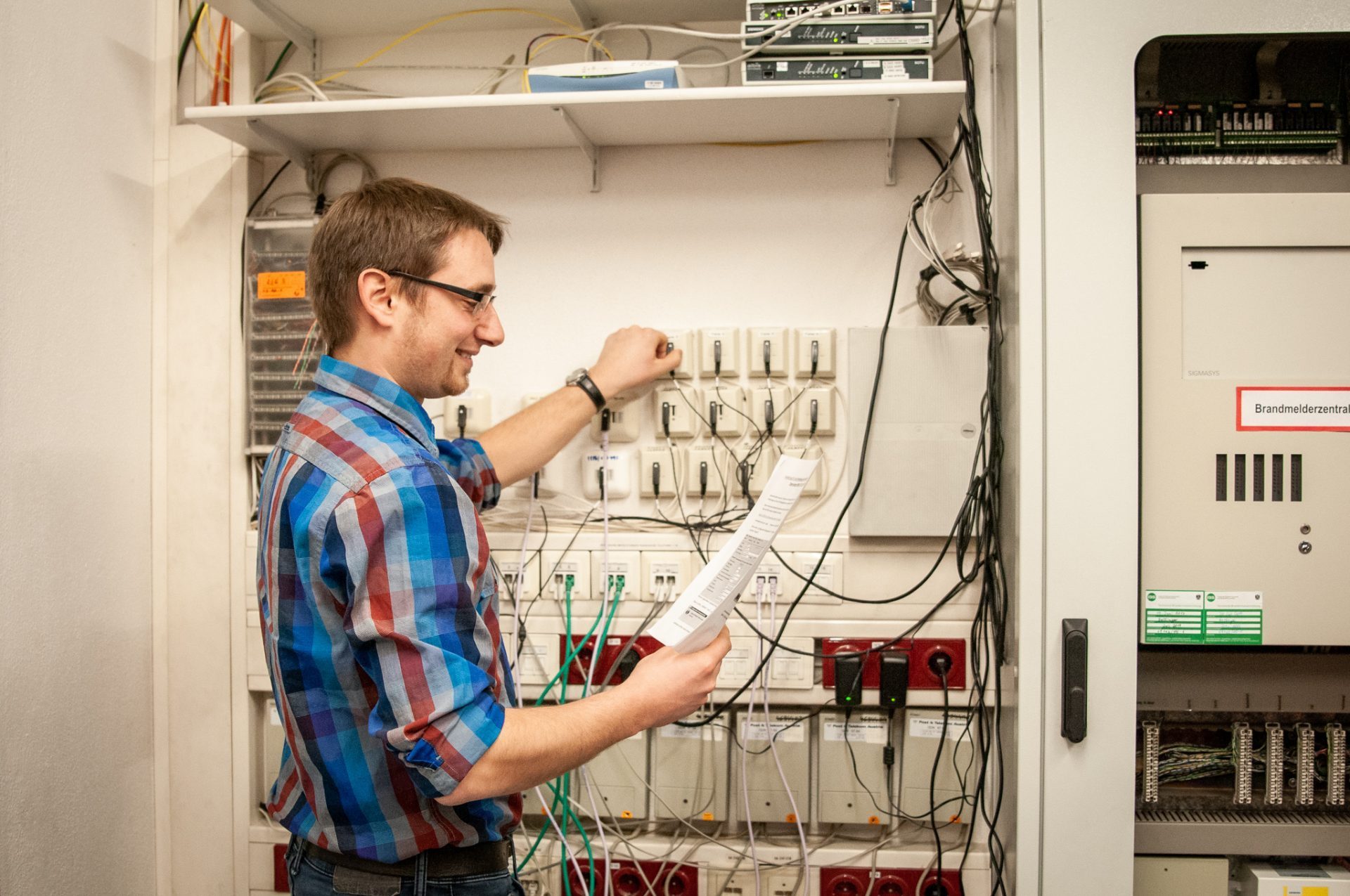
The end is nigh for cable clutter!
To what extent do factors such as reliability and traditional backup still have a role to play in telecommunications if everything is backed up in the cloud in any case?
Gernot: The majority of our systems, which include central servers, line connections and exchange lines, are secured redundantly. Even if the users themselves can only see the phone, a not-to-be-underestimated number of servers exist in the background to enable the telephony.
These include, for example, servers that provide sounds, announcements and dial tones, servers for the status display or presence of the user, servers for voicemail, call centre solutions and switching centres. All of this makes you realise just how much infrastructure lies behind a system that pursues a supposedly simple goal, namely to enable users to make perfect phone calls. For this reason, all of the major servers are set up in duplicate. That said, it is likely that many components will be operated using a cloud service in the future.
Could this not lead to one being overdependent on external service providers?
Tobias: With many applications, we are currently still in the test or pilot phase. Our location in Vienna is currently functioning as a pilot operation for softphones as a pure cloud service. The experiences we gain from this will help us to take the right steps for other areas of Porsche Holding. Irrespective of this, call centre solutions or switching centres will always have special requirements that we are currently unable to meet in a cloud-based manner.
Do users have any particular difficulties in terms of this digital conversion process?
Tobias: Some do have problems with it. Users who have become accustomed to working with analogue technology over the course of many years, often need a certain amount of time to adapt to the digital working methods. Many activities and functions differ significantly from the existing telephony in terms of how they are used, which is why the cloud-based softphone telephony is currently only being piloted at Porsche Informatik. If we were to expand into other areas, the need for training and support would currently exceed our capacities.
Gernot: However, our experience with digitization has generally speaking been very positive, even if the possibilities are still somewhat limited in some cases. But the development is progressing, and what is not yet feasible today, might well work tomorrow.
Where do you think things are heading in the field of telecommunications?
Gernot: The biggest change will probably come when PHS no longer operates any physical telephone systems as more and more data will migrate to the cloud. In the future, we will provide telephony as a cloud service, which will offer users, if necessary, the ability to be accessible everywhere.
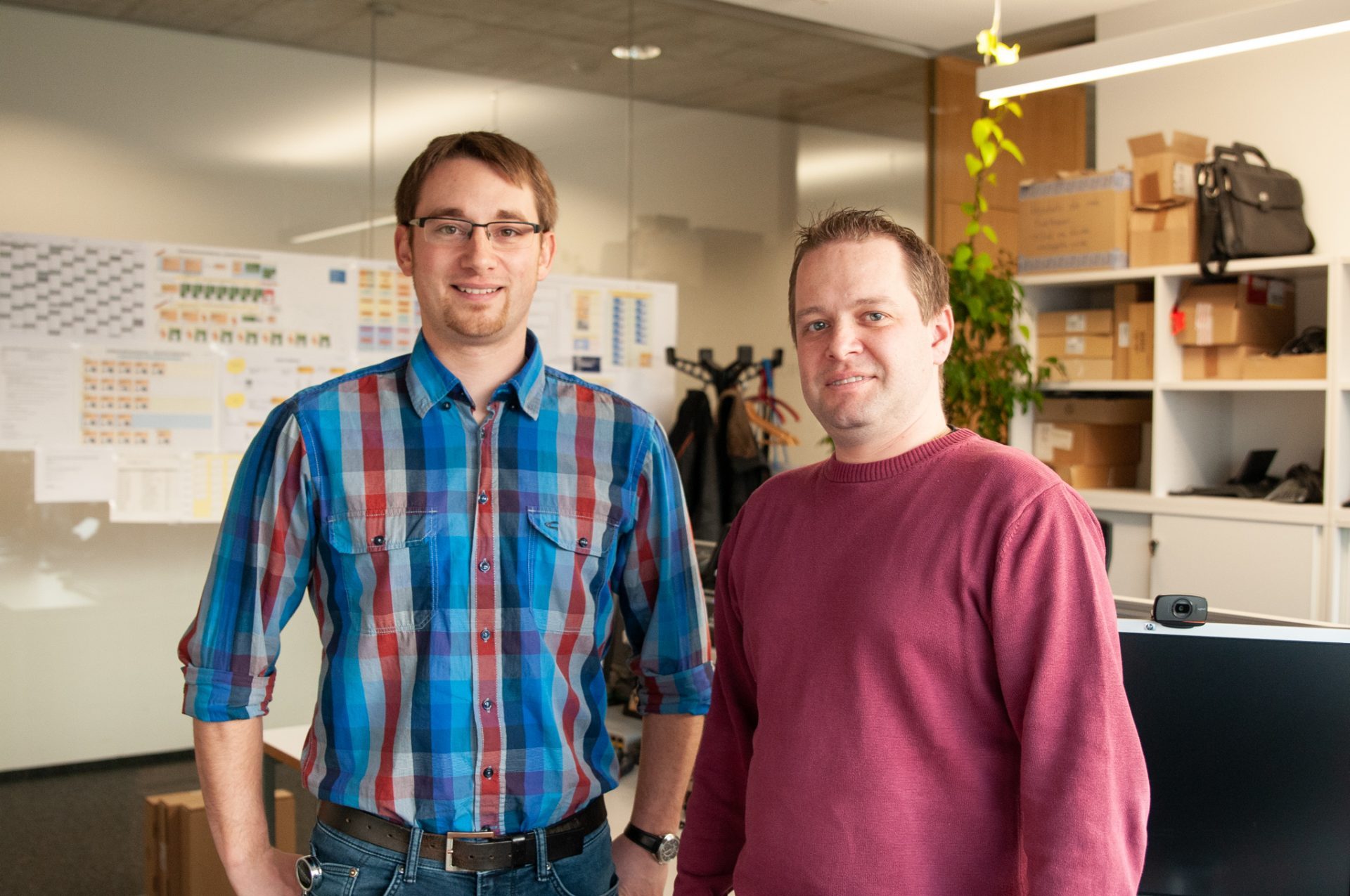
Our telephony experts, Tobias Oberascher and Gernot Striednig
Finally, one more question: What do you currently like best about your job?
Gernot: The development of telecommunications, the many possibilities and the constant changes have a certain charm, but are at the same time also very demanding and intense. You have to evolve constantly if you want to stay up-to-date.
Tobias: Also, the transition phase we currently find ourselves in – maintaining the old technologies, but at the same time deploying, operating and updating the new technologies – is our greatest challenge right now.
Gernot: That’s why we are pleased to soon be getting an apprentice who will certainly be able support us in a number of our activities.
Thank you for the very pleasant and interesting conversation. All the best for the future!
Cooperation and photos: Hannah Roider

